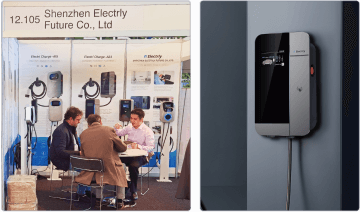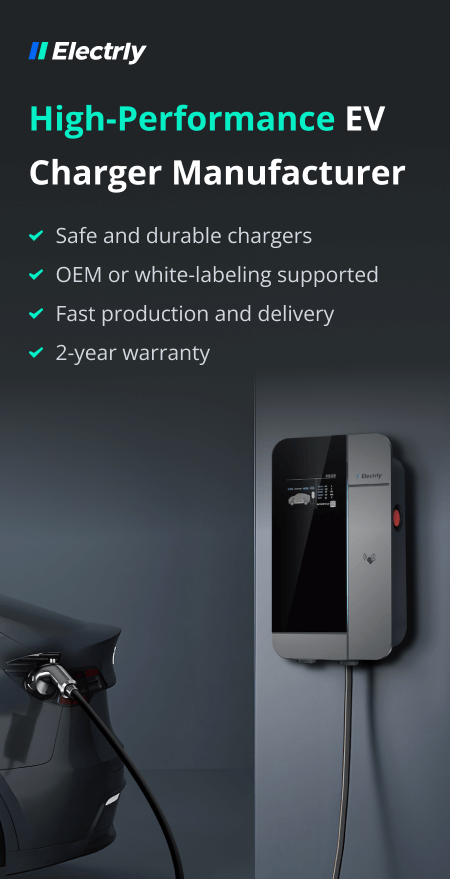The BMW i3 is a popular high-roof hatchback EV, with rear-wheel drive and a single-speed transmission. It has an underfloor lithium-ion battery pack, and the battery is designed to last around 15 years. One model variant of this car, the BMW i3 RE, has an optional petrol engine at the rear, not to power the car like with a hybrid, but to charge the battery as you drive, extending the range (RE stands for Range Extender).
The battery in a BMWi3 should last as long as the car, but its life depends on various factors, such as how often it is charged and how it is maintained, so there may be certain circumstances in which replacement options and costs need to be considered.
How Much Does BMW i3 Battery Replacement Cost?
If the battery in your BMWi3 needs to be replaced, the first thing to check is if it is still under warranty, in which case an authorized BMW dealer will service it at no charge.
The price of a battery in the basic model i3 launched in 2013 is currently $16,000 including the labor cost. This model has a 22 KWh battery in eight modules, and the cost before labor to replace each module is around $1,750. This is a reasonable price, since the battery of a Chevy Volt for example can cost $27,000 and for a VW E-Golf it can cost around $24,000.
However the later model, the RE with the range extender, has a much more expensive 33 KWh battery, and at 50% greater capacity the battery can cost up to $25,000.
It should be noted that replacing the battery should be left to a professional – if you do it yourself it may cause damage, and will invalidate the warranty on the vehicle.
How Long Is BMW i3 Battery Warranty?
BMW offers an 8 year or 100,000 mile (whichever comes first) warranty on the battery from the date of first registration, and the warranty is transferable to subsequent owners within the 8 year period.
There are some conditions to this warranty, and claims can be refused for the following:
-
- If the battery has not been regularly serviced according to manufacturers recommendations.
- If the vehicle has been over-stressed, for example in competitive motor sport.
- If an unauthorized service agent has worked on the battery.
- If parts or software have been fitted to the vehicle without the approval of the manufacturer.
- If the instructions on maintenance and care of the vehicle have not been followed according to the owner's manual.
Why Is BMW i3 Battery Replacement So Expensive?
Replacing the battery in a BMWi3 or i3 RE is expensive, but it is also less than some other EVs on the market.
The i3 uses a lithium-ion battery rather than the standard lead-acid battery found in most vehicles, and this make them more expensive to replace in cases of battery failure, however lithium-ion batteries are lighter and less liable to fail compared to traditional batteries, and BMW believes that its battery packs will last longer than any other EV battery on the market.
The good news is that EV batteries in general are falling in price as EVs become more popular and it is anticipated that in the not too distant future the price of a new EV battery will be considerably less than it is now.
When Will My BMW i3 Battery Need a Replacement?
BMWi3 batteries are among the most advanced in the industry, however any battery will lose capacity over time due to normal usage.
If the car is used for a daily commute or short trips the battery will last longer than if it is driven long distances and at high speeds.
The battery will need to be replaced if it has only 70% of its original capacity, and there are a number of warning signs to watch out for:
-
-
- If the battery is taking longer than usual to charge.
- The vehicle has difficulty starting or running.
- The battery warning light on the dashboard display is lit up.
- You can hear a clicking sound from the engine when starting.
If you notice any of these signs you should get your battery checked out and possibly replaced to avoid potential damage to the engine.
Can I Put Other Generation Batteries in My BMW i3?
When the BMW i3 was launched in 2013 it had a 22 KWh battery. The i3 was later followed by the i3 RE model, which has a 33 KWh battery, and more recently a 42.2 KWh battery has been developed for the latest models.
If you have an older i3, when it comes time to replace the battery it is possible to consider installing one of the larger capacity batteries which gives a greater driving distance. The actual size and configuration of the battery is the same for all i3 models, but unfortunately this is where the similarity ends.
The first point is that any installation has to be done by an authorized BMW service agent, otherwise the warranty will be invalid.
Next, an important issue is that the battery is cooled through the vehicle's AC system, which would need to be adjusted to handle a higher capacity battery producing more heat.
The battery management software may need to be replaced or re-coded, and this will require the battery system to be unlocked by BMW.
There may also be other difficulties encountered with the ports and connections which have changed with the various new models.
Overall, it is possible to upgrade the battery in a BMWi3 with a later generation unit, but it can only be done by a professional BMW authorized service agent.
How to Make My BMW i3 Battery Last Longer?
Given that the battery in a BMW i3 provides the power to drive the car, it makes sense to maintain and care for the battery at all times, especially with the high replacement costs. There are a number of things that you can do to make sure the battery always performs at its best, and one of the first things to consider is making sure the car is not exposed to extreme temperatures, either heat or cold, which will affect its performance.
Another point is not to continually recharge the battery to 100% capacity which increases stress on the system. This should only be done before a long trip, and for most daily purposes keeping the charge to between 30% and 80% is enough.
Charging a battery should always be done at room temperature where possible, and not after a long trip when the battery will be overheated – let it cool down first.
The way the car is being driven can also affect the battery. Fast acceleration and high speeds produce greater battery wear than driving reasonably.
The most important point is to have the car and battery serviced regularly according to BMW requirements and as advised in the Owner's Handbook, so that any problems can be quickly identified and solved before it's too late.
Conclusion
The BMWi3 has been a very popular EV since it was first launched, and is made with all the excellent engineering and skill expected from a BMW model, especially the lithium-ion battery system which is acknowledged as one of the best on the market today.
With sufficient care and maintenance the battery should last for up to 15 years, and possibly longer, which BMW recognises by giving a substantial warranty for the first 8 years or 100,000 miles.
However, problems can occur from time to time and possibly a battery may need to be replaced. While this can seem expensive at the time it will still be cheaper than other EVs on the market, and will prolong the usable life of the car beyond what could be expected. There is also the option of upgrading the battery, which is not a simple operation but done right it can provide a longer driving distance per charge.
The key factors as always are to follow the manufacturer's recommendations and also have any maintenance work done by an authorized service agent.
-


